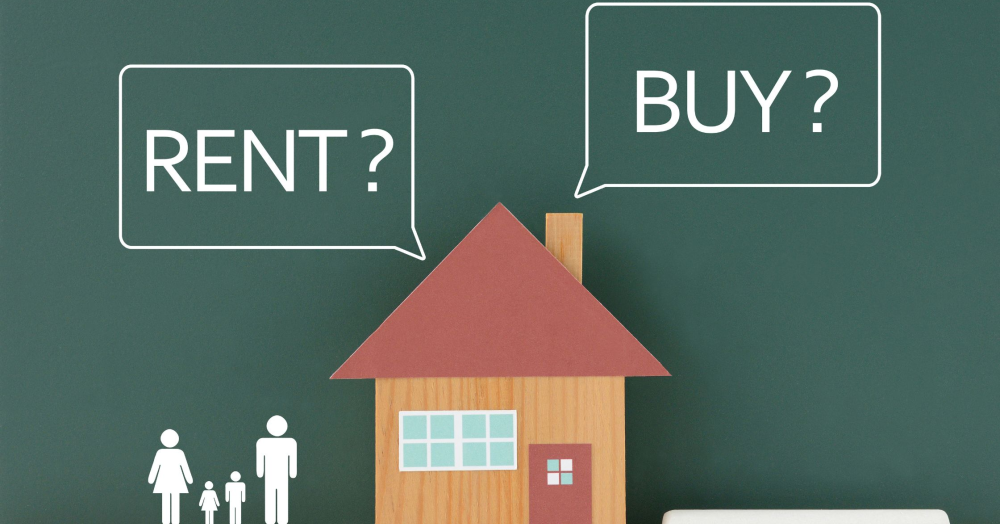When it comes to finding a place to live one of the biggest decisions you'll face is whether to rent or buy. Both options have their advantages and drawbacks, and the right choice depends on your financial situation, lifestyle, and long-term goals. If you're weighing up your options, here’s a detailed look at the pros and cons of renting and buying
The Case for Renting
Renting offers flexibility and can be a great option for those who are not yet ready to commit to homeownership. Here are some key benefits:
Flexibility – If you’re unsure where you want to settle long-term, renting allows you to move more easily.
Lower Upfront Costs – Unlike buying, which requires a deposit and legal fees, renting typically only requires a security deposit and the first month’s rent.
Less Maintenance Responsibility – Your landlord is usually responsible for repairs and maintenance, saving you time and unexpected expenses.
Easier to Qualify – If your credit score or savings aren’t quite where they need to be, renting can be a more accessible option while you improve your financial situation.
However, renting does have its downsides:
No Long-Term Investment – Monthly rent payments don’t contribute to ownership or equity.
Rental Costs Can Increase – Landlords may increase rent over time, making long-term affordability uncertain.
Limited Control – You may have restrictions on decorating, renovations, or even having pets.
The Case for Buying
Homeownership is often seen as a key financial milestone, but it comes with responsibilities. Here’s why buying could be the right choice for you:
Building Equity – Instead of paying rent to a landlord, your mortgage payments contribute to owning a valuable asset.
Long-Term Stability – Owning a home means no sudden rent increases or landlord decisions affecting your living situation.
Freedom to Personalise – Unlike renting, you can renovate, decorate, and modify your home to suit your taste and needs.
Potential for Value Growth – Property prices in many parts of the UK tend to rise over time, making homeownership a potentially strong investment.
That said, buying a home comes with its own challenges:
Higher Upfront Costs – Deposits, stamp duty, solicitor fees, and mortgage fees can add up quickly.
Long-Term Commitment – Selling a property is more complex than ending a rental agreement, which can make moving difficult.
Maintenance Responsibilities – Homeowners are responsible for all repairs and upkeep, which can be costly and time-consuming.
Which Option is Right for You?
The decision between renting and buying comes down to personal circumstances. If you value flexibility, lower upfront costs, and less responsibility for maintenance, renting may be the best option. On the other hand, if you’re financially stable, looking for long-term investment opportunities, and ready for the responsibilities of homeownership, buying could be the right move.
If you're still unsure, speaking to a local estate agent can help you weigh up your options based on the property market in your area. Whether you're looking to rent or buy, we're here to help you find the perfect home!
Need expert advice? Get in touch with us today!

